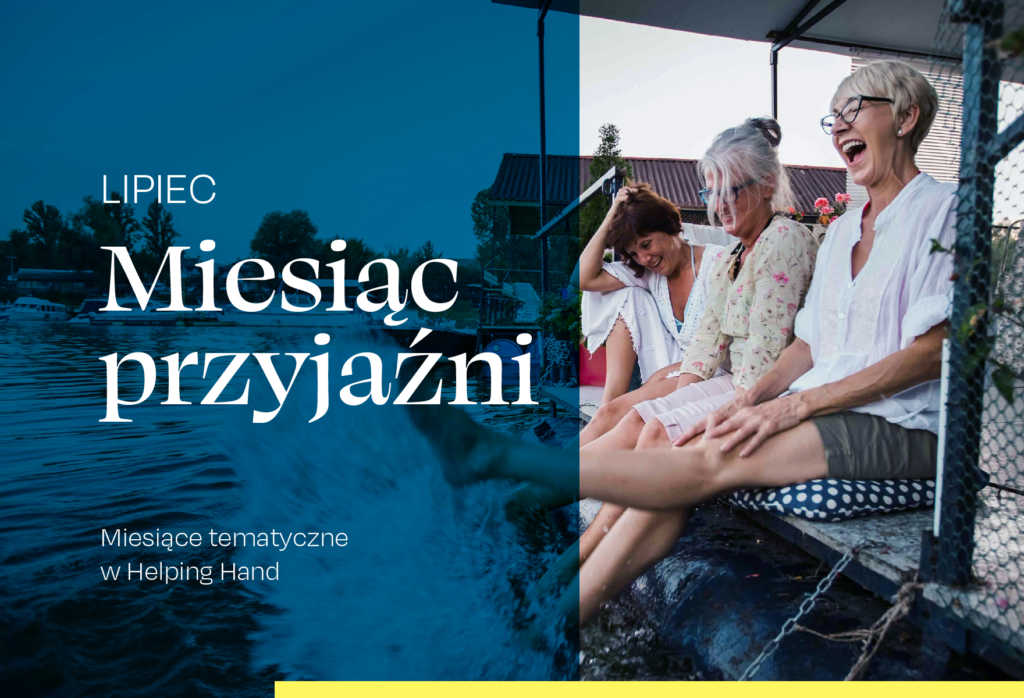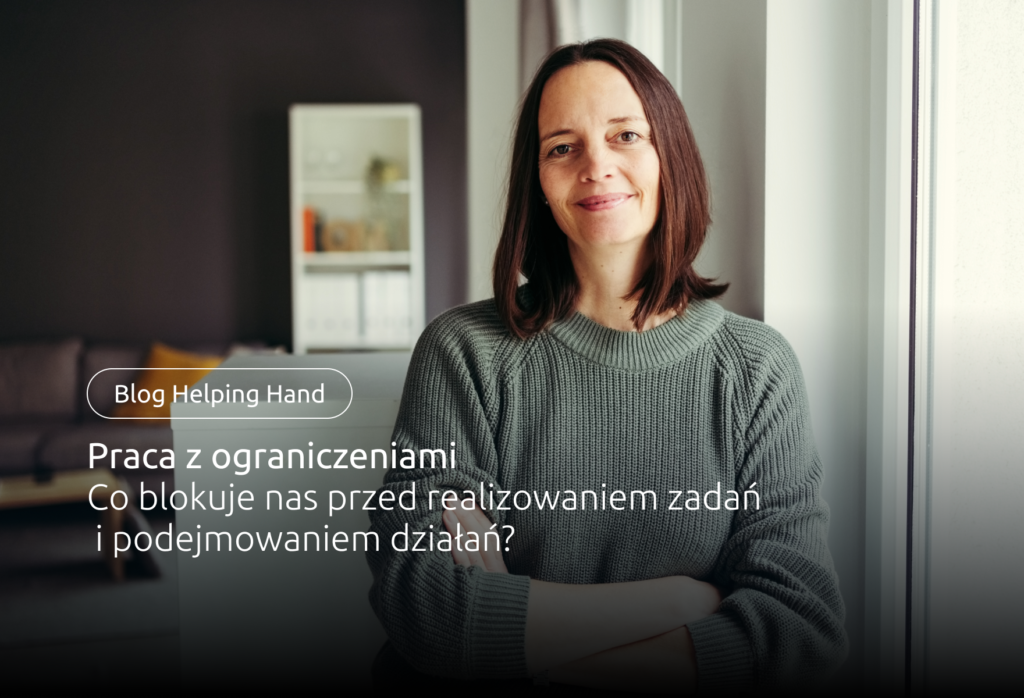Parenting leave is what both mom and dad of every child are entitled to. Fathers shouldn’t pass up their opportunity to benefit from this kind of leave. The time they spend one to one with their little son or daughter will bring plenty of benefits both for themselves and their kid(s).
Parenting leave not only for moms
When we think a break from work after childbirth maternity leave is what immediately comes to our minds. But there is much more than just it: paternity leave (pl. urlop ojcowski) which can be taken by men only as well as those types of leave a dad can share with a mom (so-called „urlop tacierzyński” which is in fact maternity leave a part of which can be taken by the father of a new born baby) or parental leave (pl. urlop rodzicielski) a part of which is to be taken by the father). What is new about those parenting leaves is exactly the part of the parental leave which can be used by dads only and cannot be „assigned” to the mom of a child. If the dad decides not to use it, it will simply be lost. Yet those nine weeks is something fathers should not give up on.
Dad can as well!
“But what about feeding?!” – this is one of the questions we ask ourselves when we consider leaving our babies with their dads. But is it really a problem? Well, if a mom decides to breastfeed her baby, at first the most important task of her man will be to support her, as the beginning of lactation is not always that easy. But once the situation becomes stable and the breastfeeding occurs on specific hours, you can leave your baby with his or her dad with a clear conscience. You don’t have to go back and forth and look at the clock all the time, as the father can feed his baby with expressed milk. And once the baby’s diet gets richer, the feeding is not an „issue” any longer.
Remember that a dad cannot replace a mom, but that’s not what his role is about. He can (and should!) take care of his baby to the same extent as mom does. He can handle bathing, swaddling and putting his child to sleep. Mom is not the only one to comfort a crying baby. Dad can do it perfectly well! Hunger is not the only reason for a baby to cry. He or she may e.g. long for some closeness and his or her dad can meet this need as well as mom.
Special bond
A bond shared by the father with his kid is what is new to a lot of contemporary men. They learnt different family patterns when they were kids – their fathers worked and provided for the family, but raising children was a woman’s thing. Nowadays fathers want to take an active part in their children’s life although they often have to manoeuvre in the dark. Yet it is exactly those little things like everyday care that make the relationship with your child stronger. Children are well aware that their dads are very much present in their life and fathers become more confident in their role – they can see that they can handle their baby and that they do it really well.
17.7 % – this is the percentage of fathers who evoke difficulties resulting from lack of positive parenthood patterns from their own childhood (from the report of “Dajemy Dzieciom Siłę” Foundation).
Motherly love is unconditional, while fatherly love – conditional. Dad loves his kid for the skills he or she develops or for the values and principles he or she follows or respects. Fatherly love is also about being demanding, which motivates the child to improve themselves or about being critical – honest, without embellishing. It needs time for a father to build his love for his child and the time he spends on his own with his kid is the most precious one.
But being present is not enough. A father must take an active part in his child’s life and his upbringing.
Father’s role in shaping the relationship with his child
The father’s role evolves. At first it is mainly about supporting and caring for the mother of the child – her sense of security affects the child’s development, his or her feelings and sensations. The father is the first person to enter the mother-child relationship. He shows to the baby that it is possible to create bonds with other people, that mom is not the whole world.
The father-child relationship is different than the one between the mother and her baby. Even when playing with their kids, fathers do it in a different way than mothers. They stimulate, motivate them and encourage to cope with problems or handle emotions. Dad shows to his kids the world that surrounds them, i.a. through active playing or games, encouraging them to be active. A baby which spends all of his or her time with mom – when every day looks the same and activities are repetitive – loses a lot, cause he or she cannot learn the skills needed to develop curiosity or resistance to stress.
The father is also the first man in his daughter’s life and the first role model for his son. Women unconsciously choose for their partners men who share common features with their fathers and men adopt plenty of personality traits from their dads. This is why it is so important for any father to show to his son the importance of respecting women, sharing housework with them. It is not easy to fight against the stereotypes which have accompanied our life from the very beginning.
One of the father’s tasks is to provide a sense of security. We are not talking here about financial security, but about emotional one. Contact with dad reduces the sense of threat, favors confidence and independence. “We earn money cause we love our children” – but children measure that love with the time spent with them rather than with the money accumulated in a bank account.
Spending time with their kids is what plenty of fathers strive to do. They know that it is important for their baby and for them – it makes them feel better, more self-confident and lets them relieve stress.
Changes are important
The time spent by the father with his child benefits not only the two of them, but also the mother. Not only as a woman, wife or mom (who feels well taken care of and is more relaxed when she knows that she doesn’t have everything riding on her), but also as an employee -the break in her career is shorter, which often strengthens her position on the labour market.
The willingness is there, but it is a bit harder to turn good intentions into actions. The polls carried out by Deloitte in 2016 in the group of 1000 working Americans revealed that 36% of the respondents would like to have more than three months of paid parental leave, but men were reluctant to decide to benefit from this privilege. 54 % of the respondents explained that their co-workers would be harsher on a man taking parental leave than on a woman. The data don’t lie – 61.9% of the fathers who responded to the poll organized by Dajemy Dzieciom Siłę Foundation called “Tata 2022. Raport z badania polskich ojców” [Dad 2022. Poll among Polish fathers] declared that they have used their paternity leave (pl. urlop ojcowski), while 55.2 – the part of the maternity leave they were entitled to take. However, the Polish Social Security Institution’s data do not confirm those declarations – according to them, in 2021 fathers accounted to no more than one percent of the parents who used their parental leave.
This is why changes are so important. The point is not only about the so-called gender pay gap (which is one of the reasons for which men do not take their parental leave – generally speaking, they earn more, so any reduction in their salary would jeopardise the family budget to a large extent), but also non-discriminatory policies in companies. Diversity management is what should be a goal of any leader. It is, among other things, DE&I that will make a company employee-friendly. Companies should create environments which are not judgmental, including of those fathers who decide to take a break from work to stay at home with their babies.
Sources:
- Włodarczyk, J. (2022), Tata 2022. Raport z badania polskich ojcó Fundacja Dajemy Dzieciom Siłę
- Deloitte (2016). Parental Leave Survey




